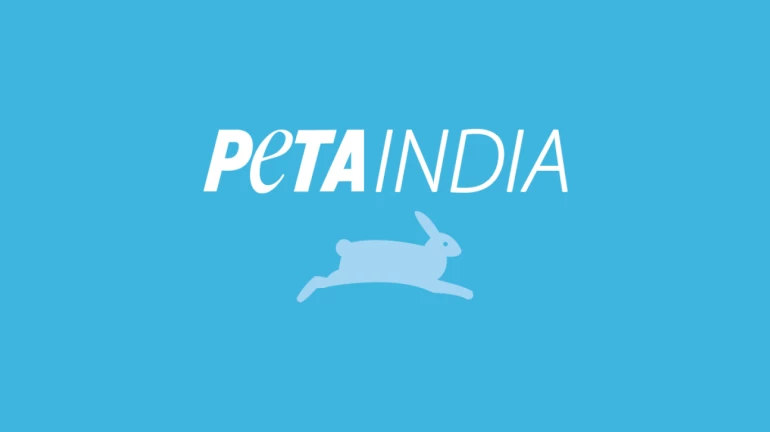
Following recent reports that the Government of Maharashtra has approved the capture of 30 wild monkeys for the National Institute of Virology (NIV) to use in deadly tests for a COVID-19 vaccine, People for the Ethical Treatment of Animals (PETA) India sent a letter calling on the Committee for the Purpose of Control and Supervision of Experiments on Animals (CPCSEA) to stop the NIV from experimenting on monkeys and instead use superior, human-relevant, animal-free research methods as required by Indian law.
Governing bodies in India and around the world are increasingly moving towards modern, non-animal methods, as animal tests are often misleading, time-consuming barriers to introducing life-saving drugs. The US National Institutes of Health confirms that more than 95% of all new drugs that are shown to be safe and effective in animal tests fail in human trials because they don't work or are dangerous.
COVID-19 is largely thought to have first infected humans through wildlife at a Chinese live-animal meat market. In fact, according to the World Health Organization, over 60% of human pathogens are zoonotic (spread from animals to humans). Wild monkeys during capture and handling and in a laboratory setting present a significant threat of zoonosis, including herpes B, Kyasanur Forest disease, dengue, tuberculosis, simian immunodeficiency viruses, and rabies.
"This pandemic presents an opportunity for India to set improved standards for testing and developing safe and effective new therapeutics that avoid cruel, misleading, and wasteful experiments on animals," says PETA India Science Policy Adviser Dr Dipti Kapoor. "PETA India is asking the CPCSEA and NIV to meet the demand for accelerated research during this pandemic using human-relevant methods instead of tests on animals, which don't advance human health."
Scientists around the globe are researching and developing COVID-19 vaccines with modern techniques and technology – such as the use of human organoids, organs-on-chips, supercomputers, and other non-animal methods – including at Gauhati University, where researchers are using advanced computer-simulation methods to determine which parts of the virus are best suited to trigger an immune response in humans.





